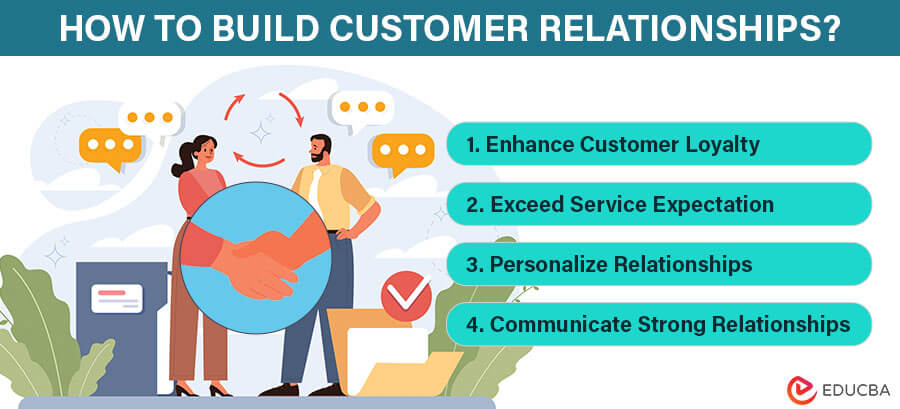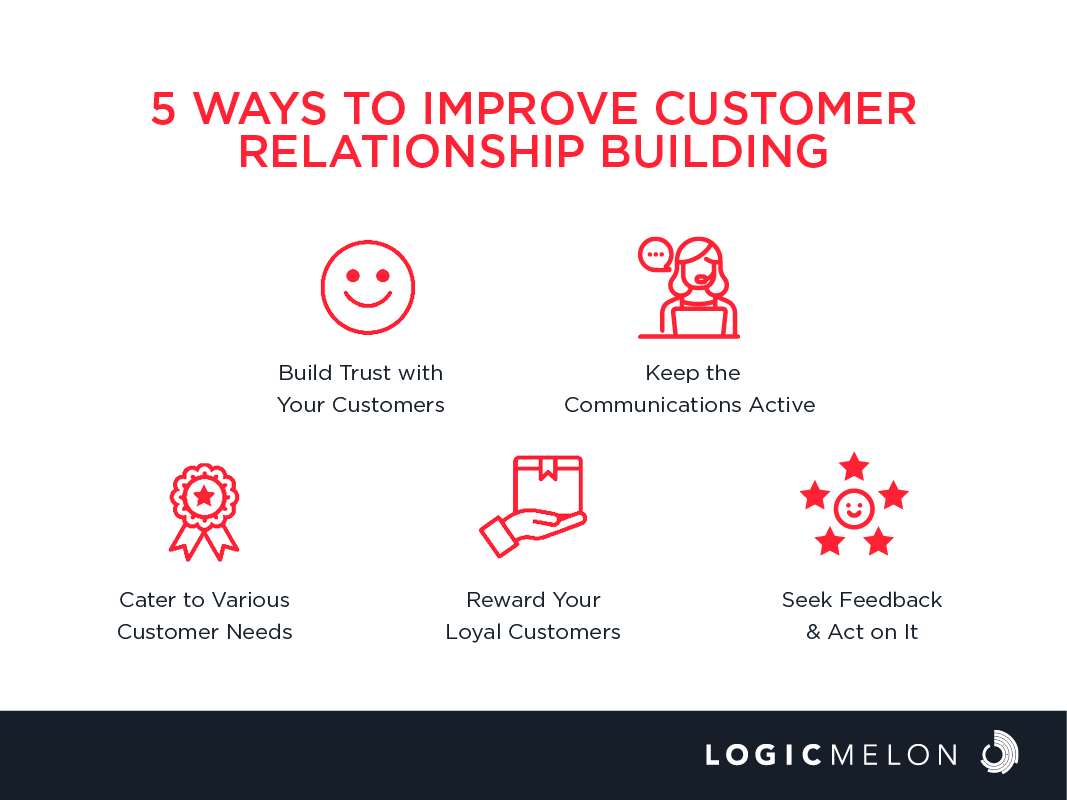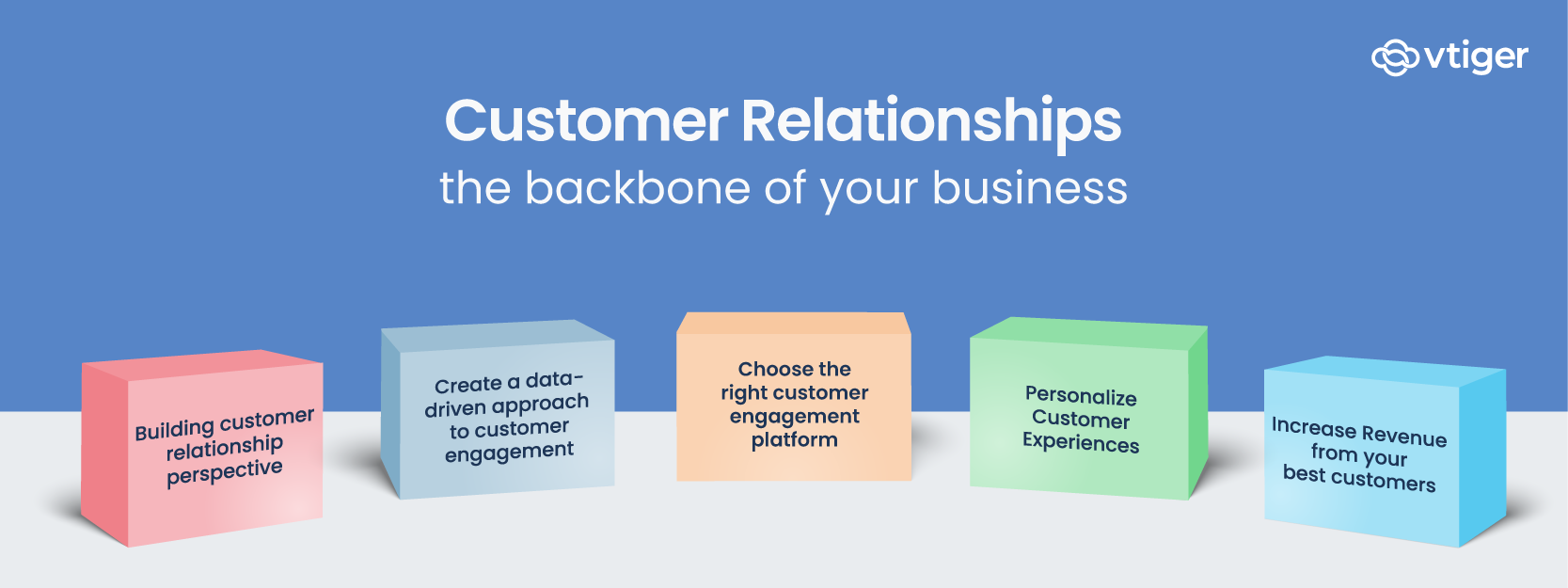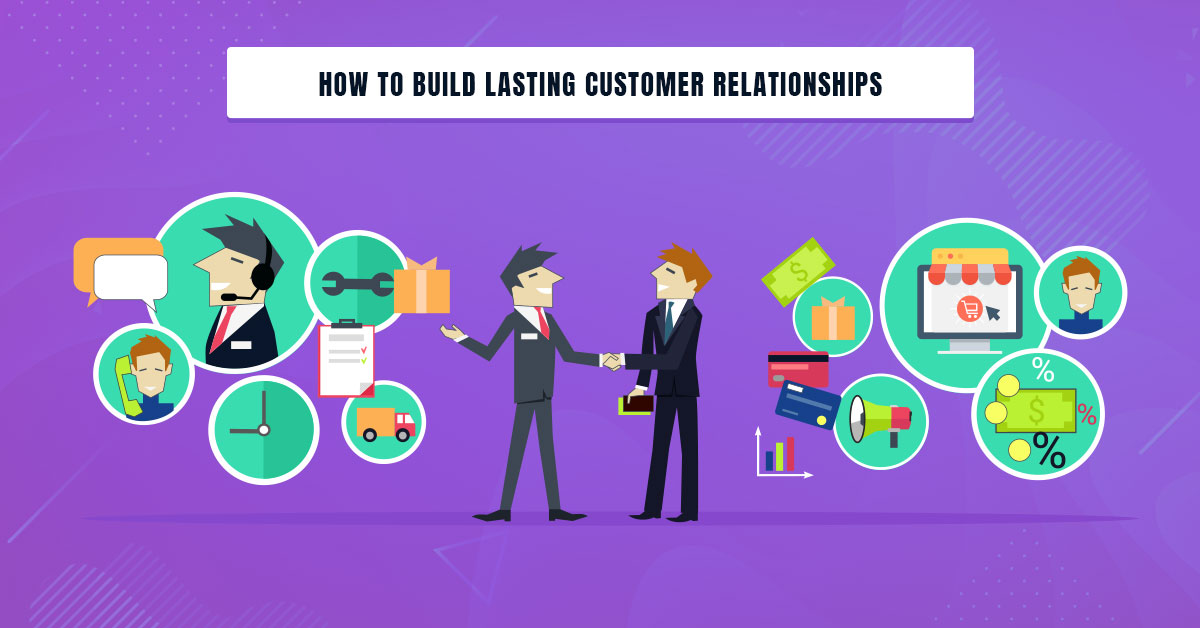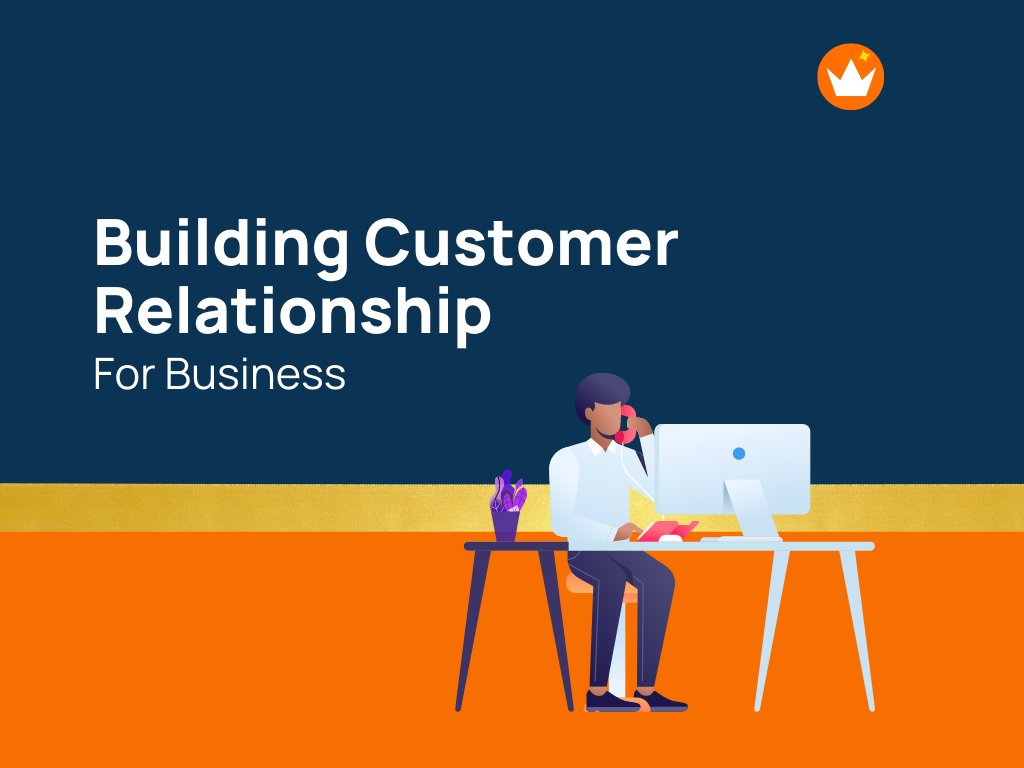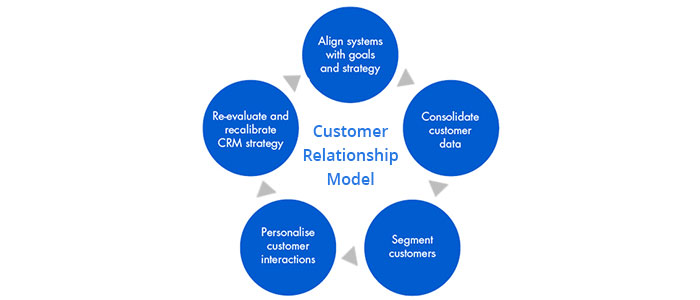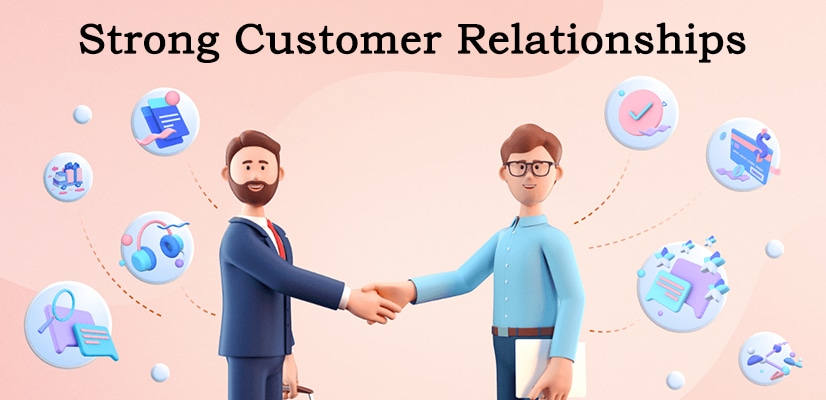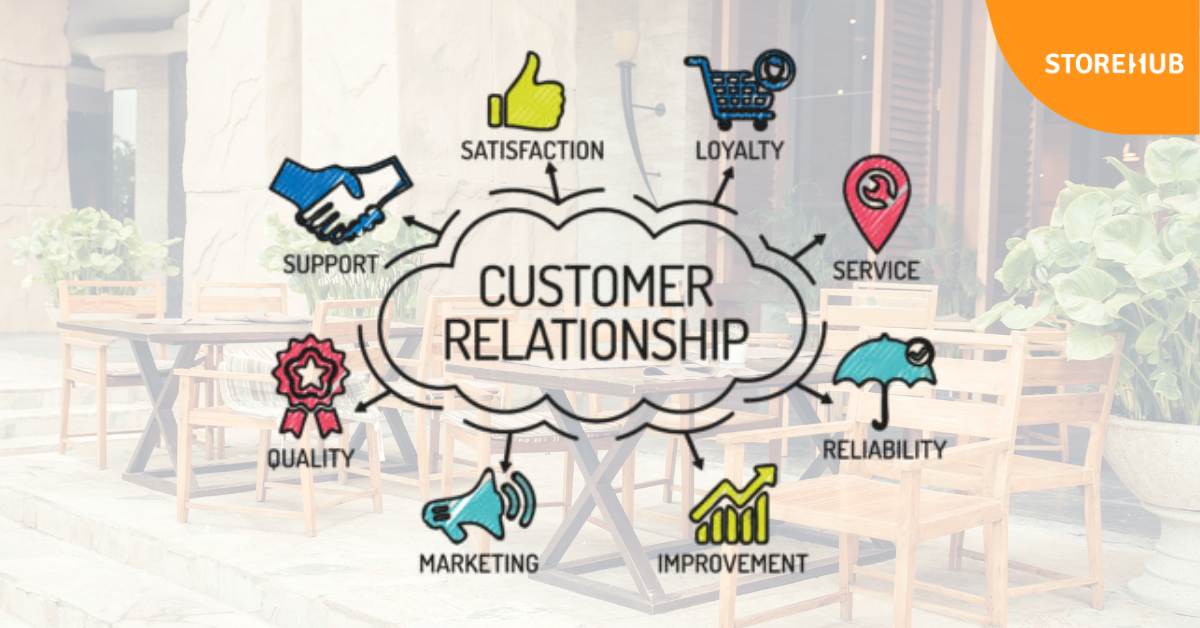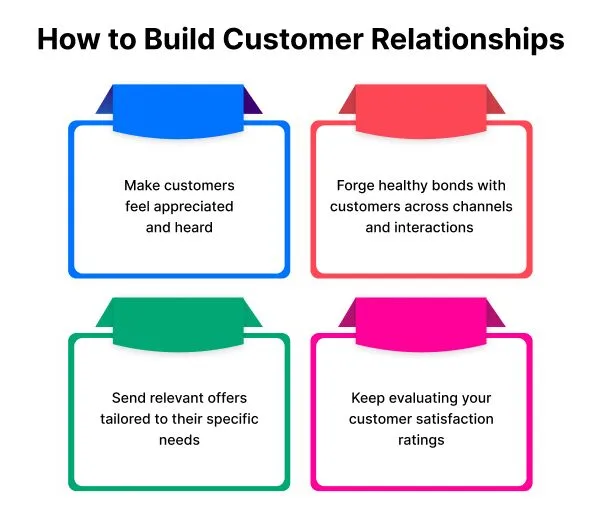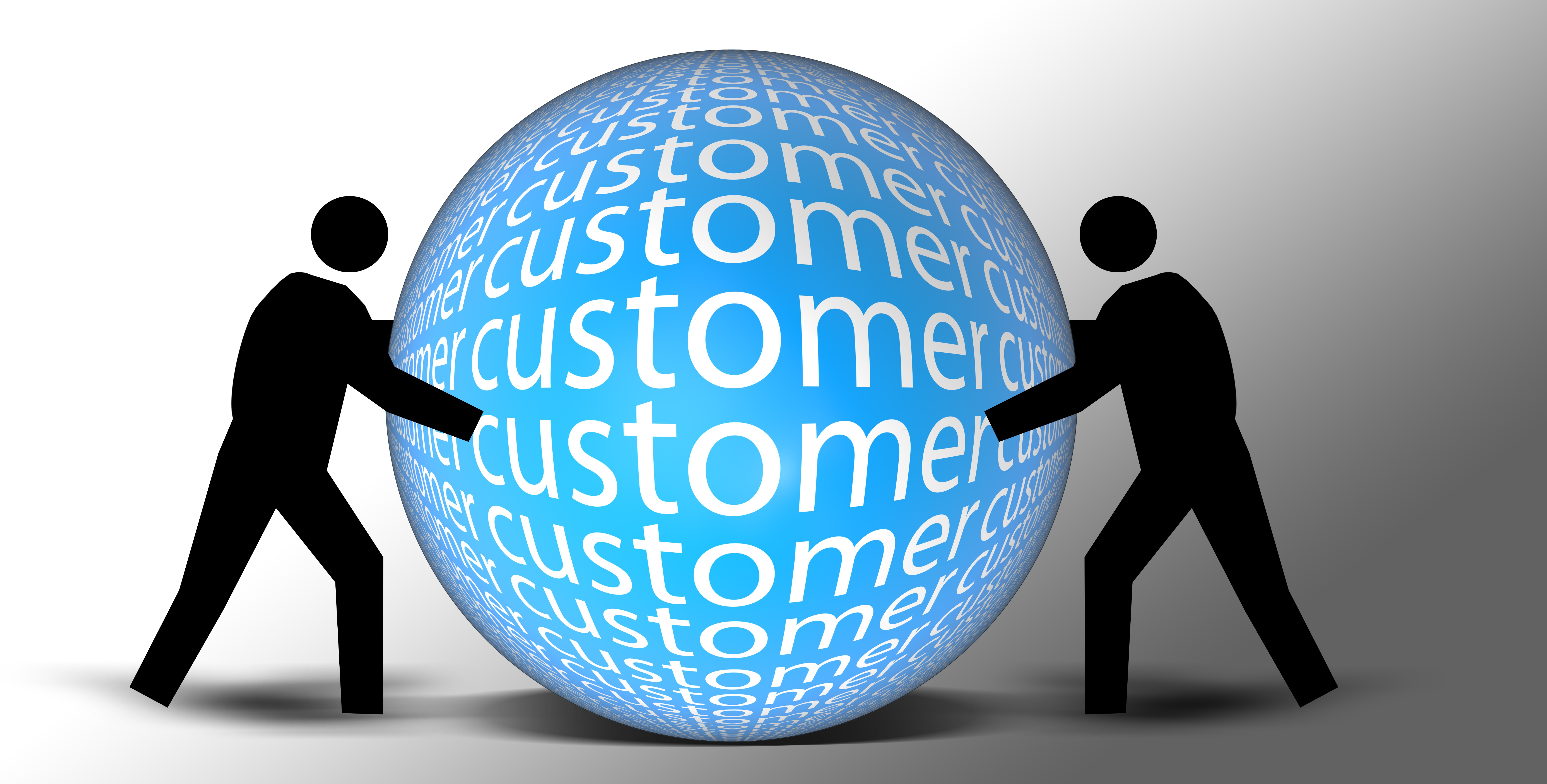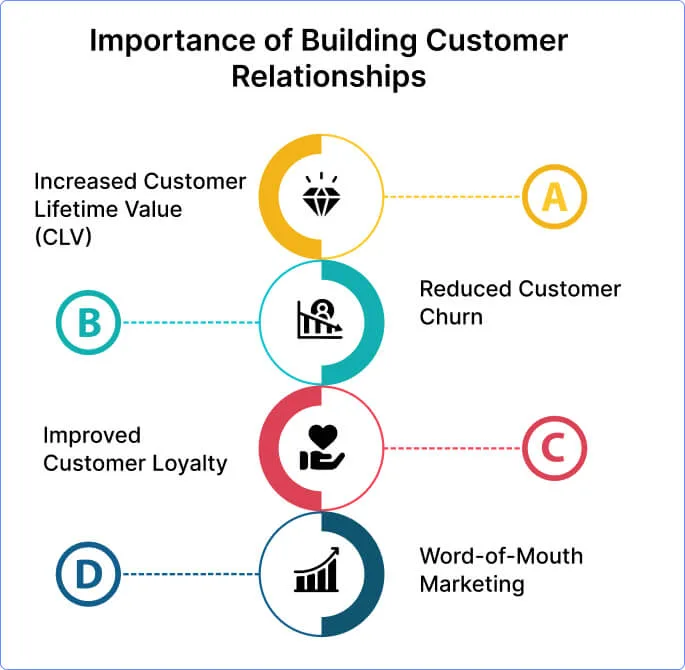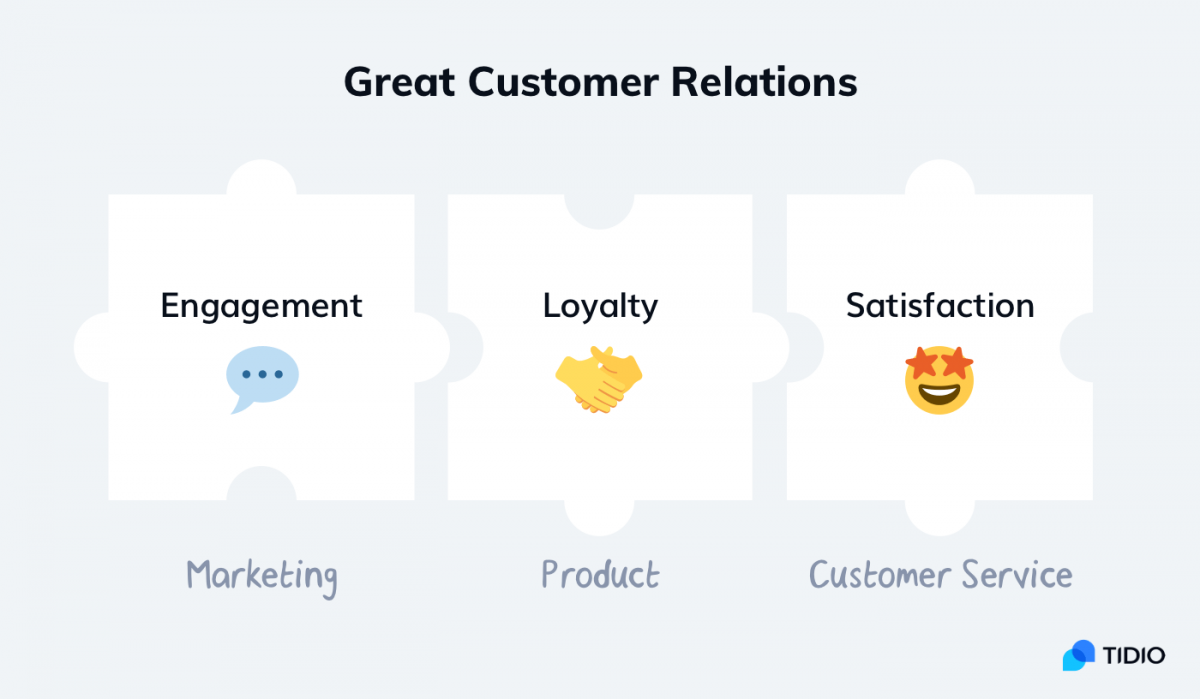How To Build Customer Relationships
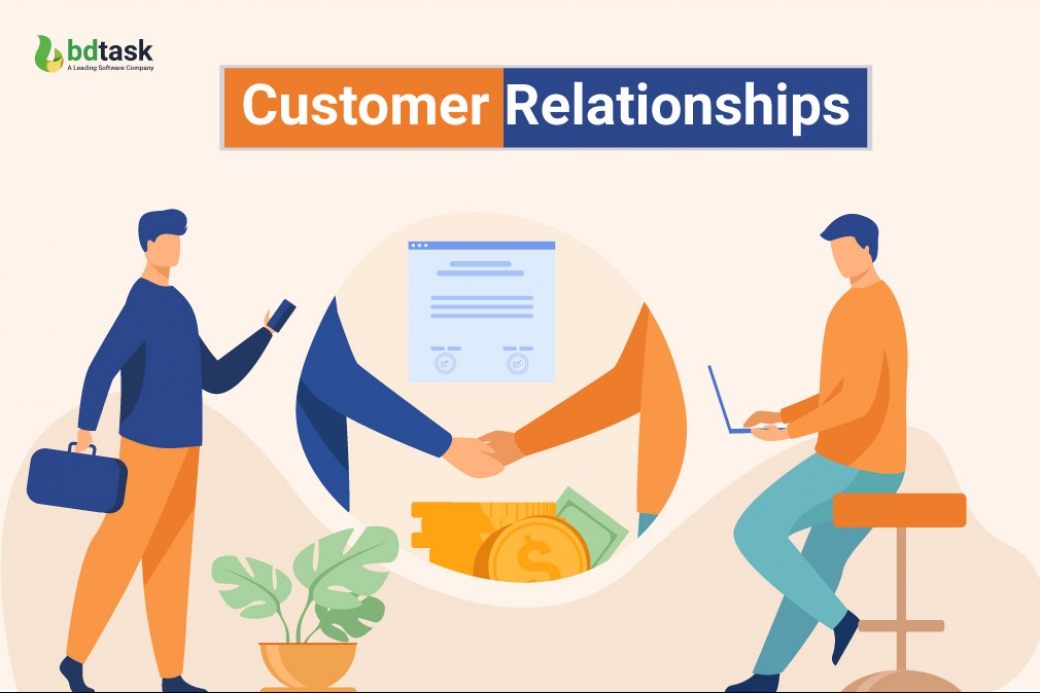
Imagine walking into your favorite local coffee shop. The barista greets you by name, remembers your usual order, and even asks about that book you were reading last week. It’s not just about the coffee; it's about the connection, the feeling of being valued and understood. That's the power of strong customer relationships in action.
Building strong customer relationships is the cornerstone of any thriving business, large or small. It’s about fostering genuine connections that go beyond transactional interactions and transform customers into loyal advocates.
The Foundation: Understanding Your Customer
Building strong customer relationships starts with truly understanding your audience. It's more than just demographics; it involves delving into their needs, desires, and pain points. This understanding informs every aspect of your business, from product development to customer service.
Data analysis plays a critical role here. By analyzing purchase histories, website interactions, and social media engagement, businesses can gain valuable insights into customer behavior. According to a 2023 report by Deloitte, companies that leverage customer behavioral insights outperform their competitors by 85% in sales growth.
However, data alone isn’t enough. Direct interaction, such as surveys, focus groups, and one-on-one conversations, provides qualitative data that adds nuance and context to the quantitative findings.
Building Trust and Rapport
Trust is the bedrock of any strong relationship, and customer relationships are no exception. Transparency, honesty, and reliability are crucial for building and maintaining that trust.
One of the most effective ways to build trust is through consistent and excellent customer service. Promptly addressing concerns, resolving issues efficiently, and going the extra mile to exceed expectations demonstrate that you value your customers' business.
Zendesk's Customer Experience Trends Report 2024 highlights that 70% of customers say their customer service experience influences their purchasing decisions. This underlines the critical role of customer service in building and maintaining relationships.
Personalization is Key
In today's world, customers expect personalized experiences. Generic marketing messages and impersonal interactions are no longer sufficient.
Personalization can take many forms, from tailoring email marketing campaigns to recommending products based on past purchases. It demonstrates that you recognize each customer as an individual with unique needs and preferences.
"Treat every customer as if they are your only customer," a common adage in the business world, reflects this importance.
Communication is a Two-Way Street
Effective communication is essential for building and maintaining strong customer relationships. It's not just about broadcasting messages; it's about actively listening to and engaging with your customers.
Creating opportunities for feedback, such as surveys, online forums, and social media channels, allows you to gather valuable insights and address concerns proactively. Responding promptly and thoughtfully to customer inquiries demonstrates that you value their input.
Actively listening to customer feedback is crucial for continuous improvement.
"Your most unhappy customers are your greatest source of learning," said Bill Gates, emphasizing the value of constructive criticism.
Beyond the Transaction: Cultivating Loyalty
Building strong customer relationships is an ongoing process that extends far beyond the initial transaction. It involves nurturing those relationships over time to foster loyalty and advocacy.
Loyalty programs, exclusive offers, and special events can all help to strengthen customer bonds and create a sense of community. These initiatives demonstrate that you value your customers' continued patronage.
Furthermore, focusing on creating memorable experiences is key. Going above and beyond to exceed customer expectations can transform ordinary interactions into lasting positive impressions.
Building genuine customer relationships is not just a business strategy; it's about creating a human connection. When customers feel valued, understood, and appreciated, they are more likely to become loyal advocates for your brand.
